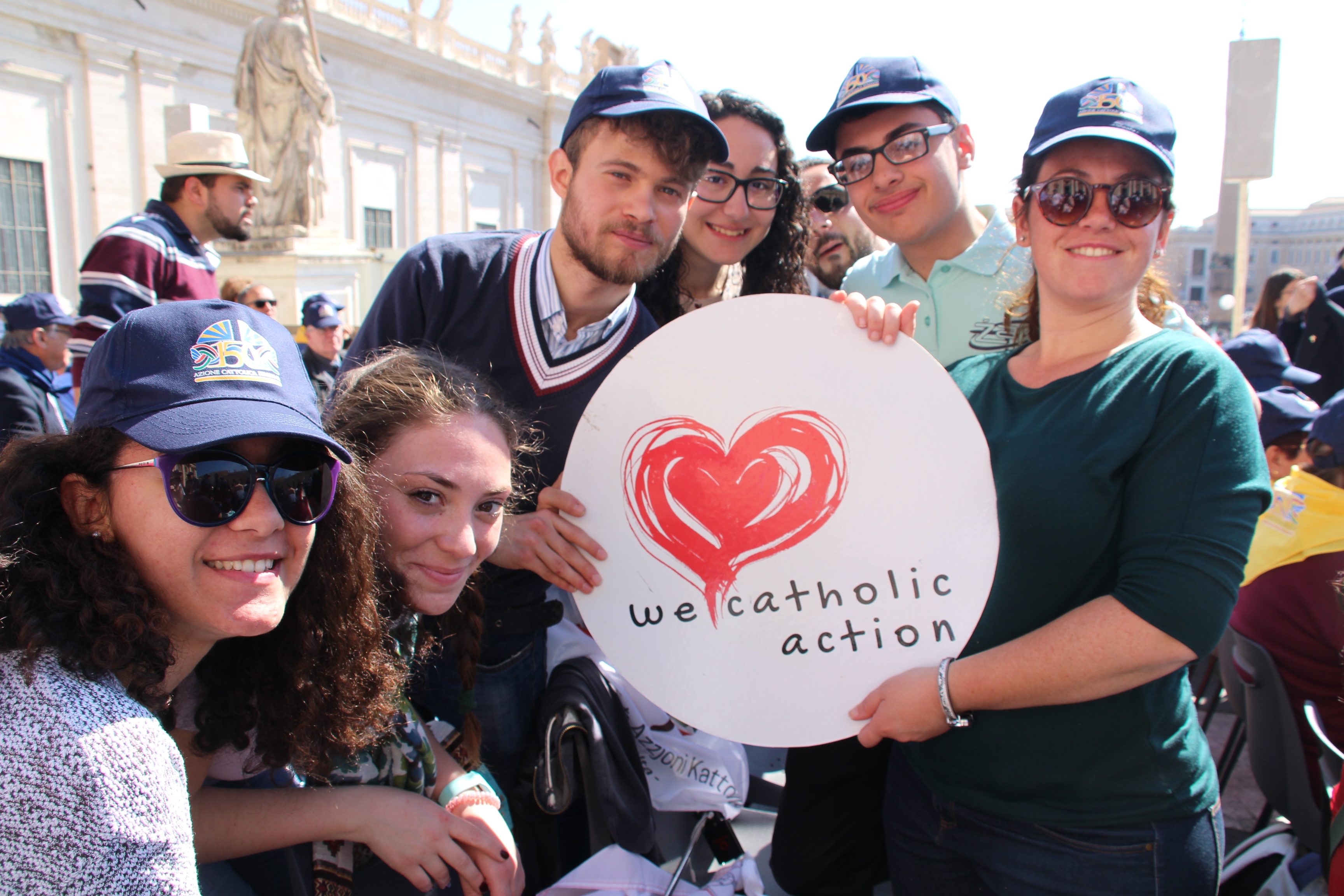-
-
Seven years after the publication of the Encyclical “Urbi Arcano” by Pope Pius XI, Rev Prof Daniel Callus OP set up the “Lega Universitaria Cattolica Maltese”. The statute was approved by Archbishop Maurus Caruana on 19th February 1930. This was the beginning of the Catholic Action in Malta.
From that point onwards, the Catholic Action has had a positive impact on the spread of Catholic teaching in society, as well as the quality of social engagement in Malta. The most important highlights of the history of the Catholic Action and of Malta, are:
- In 1933, the publication of the only Catholic journal, ‘Leħen is-Sewwa’, which is still in circulation today as ‘Il-Leħen’ was entrusted to the Maltese Catholic Action;
- During the Second World War, members in different parishes had to divert their energies to providing material support to their fellow countrymen besides committing themselves towards nourishing their spiritual welfare;
- In 1948, the Secretariat for Social Assistance and the Commission for the Sick were set up. These entities, which still operate today, provide support and services to those in need;
- In 1949, the Emigrants’ Commission was set up. This Commission is still in operation within the Church’s remit;
- In 1950, yearly Summer Camps for children originating from low-income families started to be organised;
- In 1962, a Residential Home for the Disabled, Dar Mater Providentiae, known as ‘Id-Dar Tal-Providenza’, was opened;
- In 1992, the Church of Malta entrusted the management of the ‘Holy Family Home’ for the elderly in Naxxar, formerly under the care of the Little Sisters of the Poor, to the Malta Catholic Action; and
- In 1995, the Catholic Action initiated a formal structure dedicated to young people, now known as ŻAK.
The Maltese Catholic Action today
The support for individual formation continues to this day. Presently, around 1,500 people are members of the Maltese Catholic Action, with half of these being young people. These individuals dedicate themselves towards their personal growth and towards the development of others. They belong to one of 100 groups around Malta, and consider their group as their second family.
Apart from this, a number of projects and initiatives are taking place in order for the Catholic Action to continue being of service and to maintain its relevance in today’s society. For example the Catholic Action is currently refurbishing Dar Regina Pacis in Balzan so that it can offer a temporary shelter to a family or people in need. A project in Imġarr has been launched which aims at reducing the carbon footprint we cause to the environment. The Catholic Action is also exploring how to make better use of its properties in order to offer more services within the community. In fact, the Catholic Action is currently in discussion with a number of entities to continue to find ways to better serve society.
The plan for the upcoming months and year is to continue to focus on young people and families, and to strengthen the services that are being provided through the Secretariat for Social Assistance.





